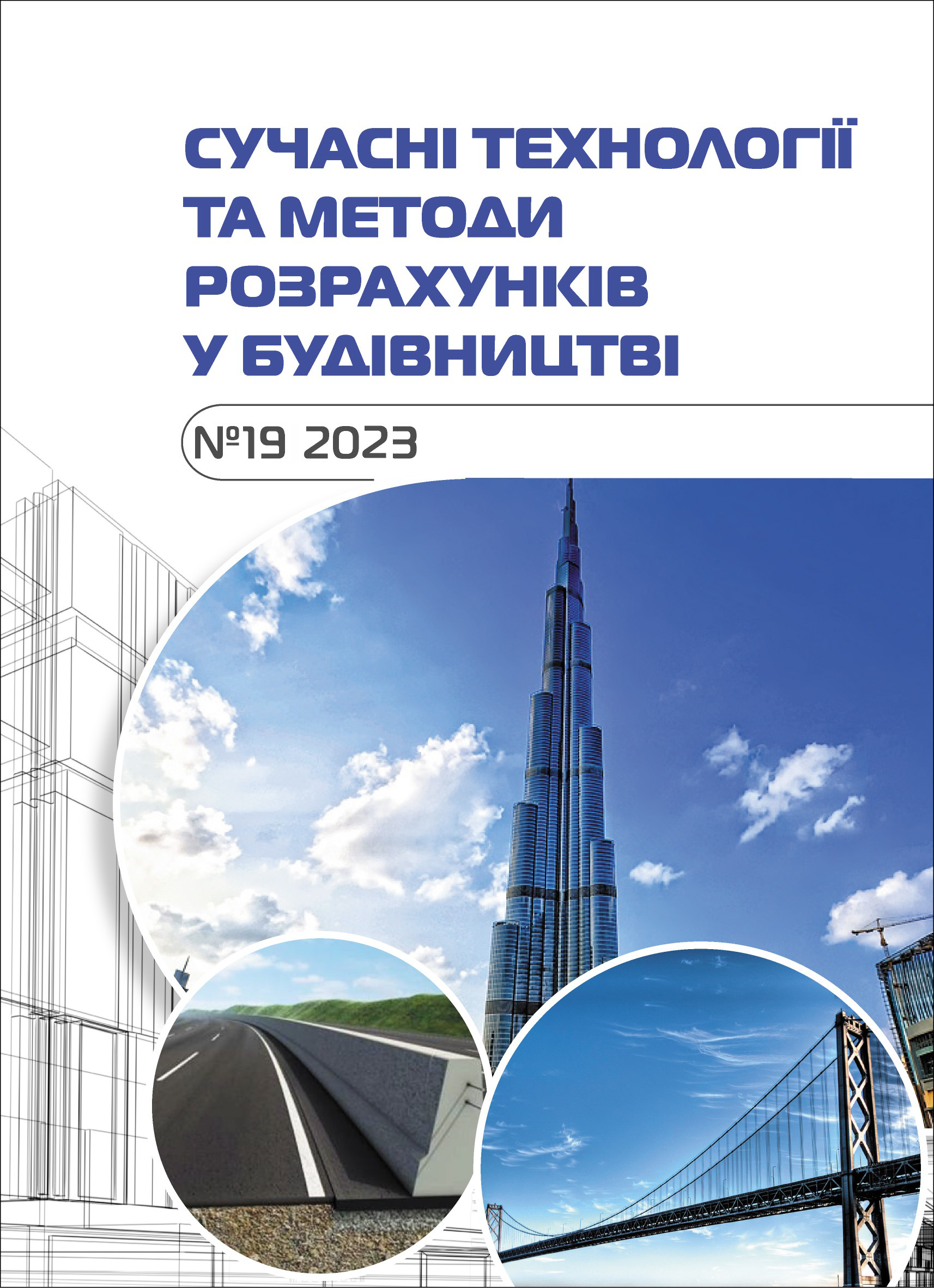Reduction of the aggressive influence of anti-ice materials on asphalt concrete surfaces during the winter maintenance of automobile roads
Abstract
Factors affecting the service life of road surfaces are analyzed. The stability of an asphalt concrete coating in relation to aggressive environments is determined by the ability of bitumen to resist an aggressive environment, the degree of saturation and swelling in an aggressive environment, the diffusion coefficient, which characterizes the rate of penetration of the environment into the coating, the resistance of the mineral material to an aggressive environment, and the preservation of the strength of asphalt concrete. At the same time, the action of dynamic loads contributes to even more intense penetration of aggressive environments into the structure of the material and thereby significantly reduces the fatigue life of asphalt concrete. The diffusion process is especially intensified with an increase in the concentration of water-soluble substances, and the diffusing water is able to wash them out of the bitumen, giving it a cavernous structure at low temperatures. The analysis of the research made it possible to establish the following: the impact of aggressive environments of anti-icing materials largely depends on the concentration of the solution; an increase in the concentration of the chloride solution to 10 % reduces the number of load cycles to failure by 6 times. The nature of the curves shows that at concentrations in the range from 0% to 5% there is a sharp decrease in the number of load cycles before failure. In the interval of 5-10%, this process slows down. However, depending on the number of freeze-thaw cycles and the consumption of the inhibitor additive, the qualitative picture of the influence of chloride concentration on the process of asphalt concrete destruction under cyclic loads changes. It was concluded that in order to increase the durability of the asphalt concrete coating, in addition to adding corrosion inhibitors to the composition of anti-icing materials, it is necessary to apply an impregnation material to the surface of the coating. The impregnation penetrates deep into the capillaries and pores of the asphalt concrete coating, where it fills the pores and voids. Impregnation prevents the destruction of asphalt concrete caused by the spillage of aggressive materials, including anti-icing reagents.








